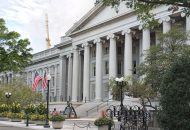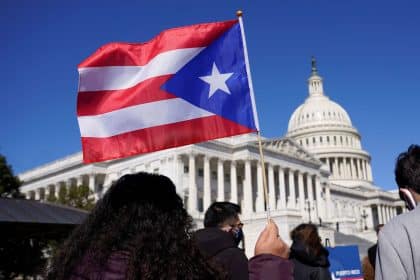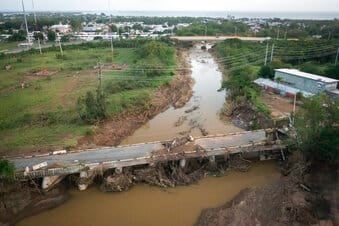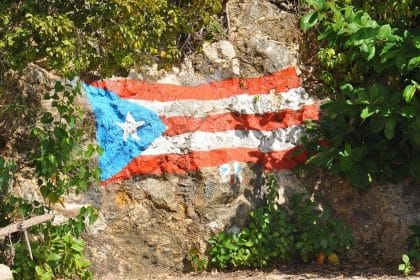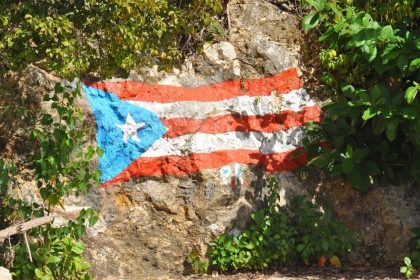Puerto Rico Faces the End of a Storied and Bloody Tradition: Cockfighting
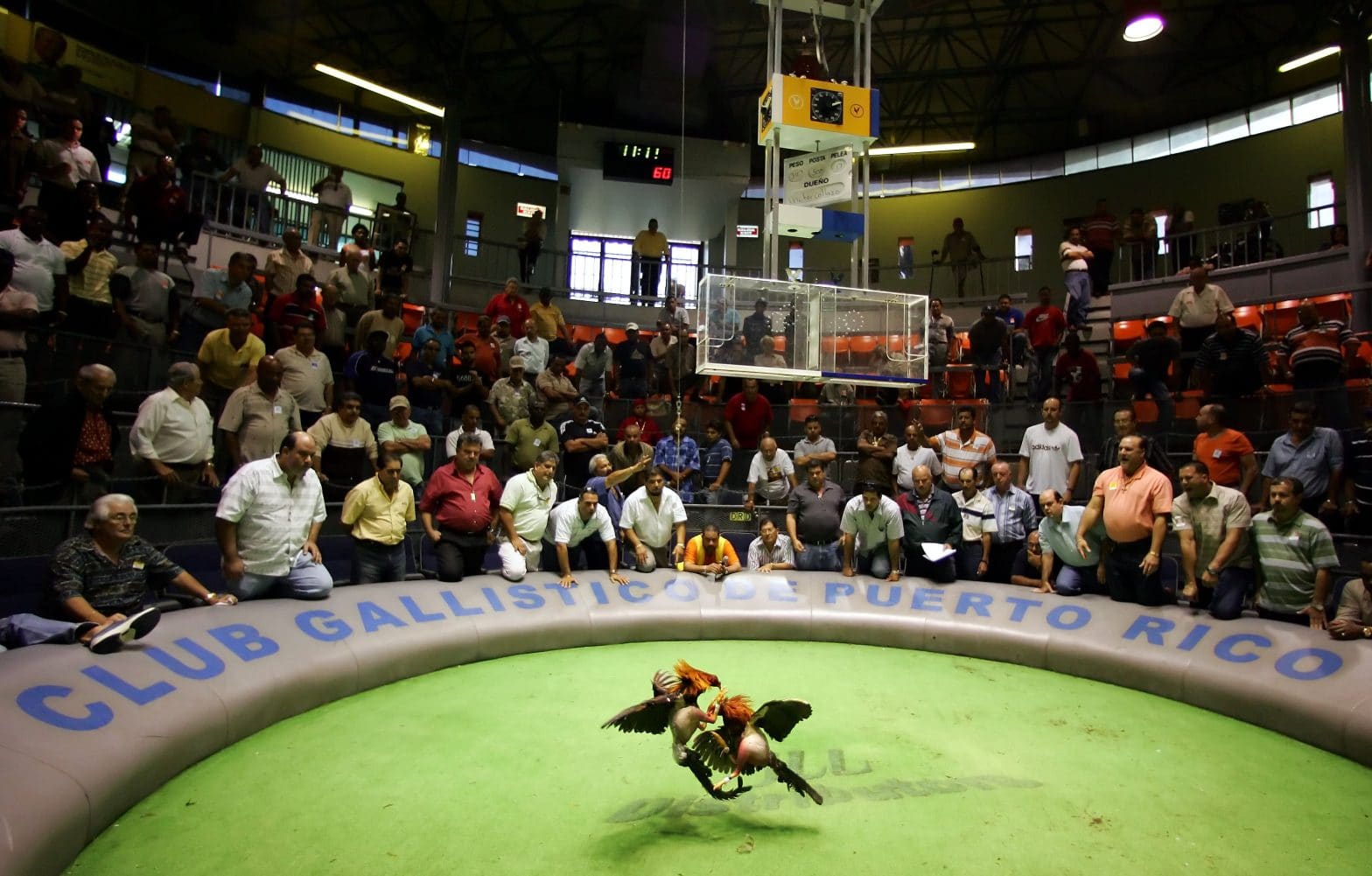
MOROVIS, Puerto Rico — Amid the squawking of birds, blood-soaked feathers and roar of the crowd, Laura Green was holding a fire sale at the cockfight.
Green has spent the last 12 years making things that only a cockfighter would need: foot wrappings for the birds, specialized medical kits, dummy roosters used for training. She sells her wares at the cockfighting pit in Puerto Rico’s capital. It’s money she depends on to supplement her Social Security income and to take care of her ailing mother in San Juan.
Barring a last minute reprieve, on Dec. 20, cockfighting will become illegal on the island, bringing an end to a 400-year-old tradition. And while animal rights activists are celebrating the move, it’s putting the livelihood of thousands at risk at a time when Puerto Rico desperately needs jobs. It’s also raising questions about self-determination and democracy in this U.S. territory, which is ruled by Washington but has little sway over those who determine its fate.
“Nobody wants to buy these things now because they may be useless in a couple of weeks,” Green said, gesturing at her folding table of cockfighting paraphernalia. “For me, personally, this is going to be awful, I will probably have to sell my house.”
Cockfighting has been illegal in all 50 states since 2007, when Louisiana finally banned the practice. But it’s still allowed in U.S. territories: Guam, the Northern Mariana Islands, Puerto Rico and the U.S. Virgin Islands. That loophole began closing last year, however, when Donald Trump signed the 2018 Farm Bill, giving the industry a year to wind down.
Puerto Rico’s breeding farms and 71 registered cockfighting establishments, or galleras, generate some $65 million a year and account for more than 7,200 direct and indirect jobs, according to a report commissioned by the island’s largest cockfighting organization and adopted by the local government.
Crucially, the industry is one of the foundations of the rural economy — a sector that has been hit hard by a decade-long recession and is still recovering from Hurricane Maria in 2017. Puerto Rico’s unemployment rate is 7.7% — about twice the rate on the mainland — but it’s much higher in some impoverished rural areas.
Adrián Guevares, 41, runs a gamecock farm in Morovis and a cockfighting ring in Ciales — both in the island’s central highlands. Along with his father, he’s invested more than $600,000 in the operation over the last 30 years, and it employs more than 20 people, many of whom he’ll have to fire come next year.
“This is going to devastate us,” he said. “This is my business, my way of life. I depend on this to raise my kids, pay my medical insurance, make my car payments. I’m not prepared for this to end.”
Puerto Rico’s legislature is trying to provide a lifeline. It recently passed a bill that would essentially require cockfighting to become a hyper-local industry. Among its provisions, gamecock breeders couldn’t export their birds or advertise their cockfights on social media (which might be seen outside of the island); in addition, they would quit accepting credit cards or bank transfers. Parallel to the legislative effort, industry lawyers have filed for an injunction in Boston to keep the Farm Bill from taking effect.
Even if Gov. Wanda Vázquez signs the law before the deadline, there’s no guarantee it will keep the feds at bay, said Orlando Vargas, the president of the San Juan Cockfighting Club, the island’s largest organization.
At best, the Puerto Rican bill might spark a legal confrontation that could buy the industry some time, he said.
“We know this is an uphill battle,” he said. “But this is a tradition that’s part of Puerto Rico’s folklore. We’ve been doing this for 400 years, since Spanish colonization, and to lose this would be to lose part of our history.”
The case against cockfighting is straightforward: Critics say there’s no room in modern society for a cruel “sport” that forces birds to gouge at each other with sharpened spurs, often to the death, as crowds bet on their chances of survival.
“While it is true that cockfighting has been practiced for centuries in various countries, including the United States, ‘old’ does not necessarily mean right or even acceptable,” the U.S. Humane Society argues. “At one time the United States allowed slavery, lacked child abuse laws, and refused women the right to vote.”
There are also worries about the unregulated and illegal gambling that surrounds cockfights. At any given match in Puerto Rico, wads of cash exchange hands after each bout.
But if Washington wants to take a stand against animal cruelty it should start closer to home, says Gerardo Mora Pagán, the head of the Puerto Rican Cockfighting Commission inside the Department of Recreation and Sports.
Puerto Rico’s cockfights are heavily regulated, provide much-needed income to the government and are no more reprehensible than other beloved U.S. activities like horse racing, rodeos, or even boxing or football, he said.
“You want to talk about cruelty? You have millions of hunters in the United States who shoot a deer, decapitate it and then mount its head on the wall as a trophy and nobody says anything about it,” he said. “But we have people in Congress who don’t even know where Puerto Rico is and they’re going to take away our cockfighting industry?”
Living in an unincorporated U.S. territory, Puerto Ricans are effectively U.S. citizens with little sway on the mainland. Residents of the island cannot vote for the U.S. president and have no voting members of Congress. Not surprisingly, decisions taken on Capitol Hill are often seen as cold and unfair impositions — a blow to the island’s right to self-determination.
Jorge Pedroza is a Puerto Rican Vietnam War veteran who carries a copy of the U.S. Constitution in his hip pocket. Last week he visited Washington to talk to lawmakers about how breeding and fighting gamecocks has helped him and many of the more than 300,000 Puerto Rican veterans overcome PTSD. He raises more than 100 birds on his farm and is adamant about keeping them.
“I’m not going to give them up. The Constitution backs me up. This is my property. You can’t take my property,” he said on a recent weeknight, as he joined other cockfighters in a rally outside the governor’s mansion. “This is not negotiable. I will not negotiate something imposed on Puerto Rico that goes against the Constitution.”
The looming deadline is already having an impact. Some local galleros are moving their enterprises to the Dominican Republic, where cockfights are thriving and far less regulated. Guevares, the breeder, has been reducing his bird stock. An agricultural supply business, a longtime tenant at the cockfighting ring in Ciales, has moved out anticipating the downturn.
Green, the merchant, looked at her table of goods — including caps emblazoned with roosters and the phrase: “Cockfights make me money.” She said the fights are more than just a business for her.
“I’m also losing my social life,” she said as she looked around the fighting pit. “I don’t go out, I’m not a drinker, I’m not a dancer — I come here and I talk with people. They like me. My friends are here. If I lose this I lose the whole thing.”
———
©2019 Miami Herald
Visit Miami Herald at www.miamiherald.com
Distributed by Tribune Content Agency, LLC.










